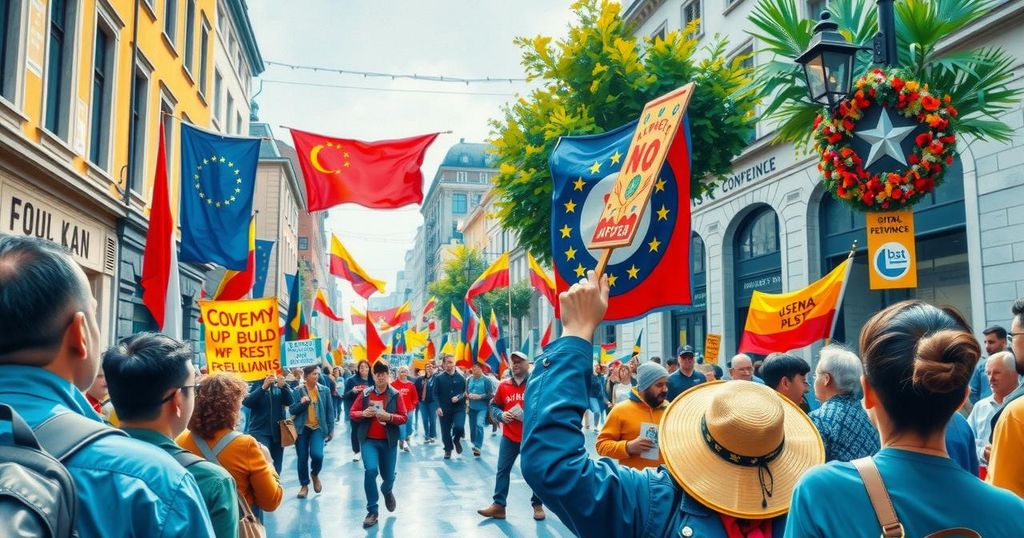Togo Citizens Join Protests Amid Rising Costs and Political Dissatisfaction

- Togo citizens are protesting against rising costs and dissatisfaction with government.
- Protests are gaining momentum in Lomé, highlighting socio-political concerns.
- Organizers claim the protests are a collective demand for accountability and reform.
Citizens Protest Against Rising Costs and Governance Issues
In Togo, citizens are taking to the streets in protest against ongoing government issues, raising significant concerns about social justice and economic stability. Thousands of demonstrators have congregated in the capital, Lomé, expressing frustrations over increased living costs, diminishing economic opportunities, and longstanding calls for political reform. The protests have started to gather momentum, igniting conversations about Togo’s governance and policies that affect the everyday lives of its citizens.
Government Struggles Amid Calls for Reform and Accountability
The current unrest follows a backdrop of discontent over years of perceived government negligence and dissatisfaction with leadership. Organizers have remarked that this protest reflects a united voice from all sectors of society demanding change in Togo’s leadership structure. As these protests gain traction, there are rising fears of potential clashes with law enforcement, which could derail the peaceful push for change sought by protestors across the nation. Citizens are calling out for accountability and reform, as it’s a pivotal moment for Togo’s historical and social future. Additionally, international observers have also begun to watch the situation closely, noting that Togo’s response could have ramifications for stability in the region.
Urgent Need for Dialogue in Togo’s Political Climate
What’s clear is that the citizens of Togo are growing increasingly restless and passionate about their demands. The protests, while centered on immediate issues such as rising prices and economic hardships, represent deeper sentiments surrounding governance and political accountability. If the government doesn’t identify solutions that genuinely address these grievances, Togo could see ongoing unrest, and perhaps a transformation in its political landscape that is long overdue. Activists urge for dialogue and reform as the way forward, emphasizing that stability relies heavily on addressing these critical issues.
The protests in Togo highlight critical issues such as rising costs of living, political dissatisfaction, and calls for necessary reform. The citizens are clearly voicing their demands for accountability and change, which reflects a significant moment in Togolese history. The government’s response could define the nation’s path forward in both governance and civil stability.







